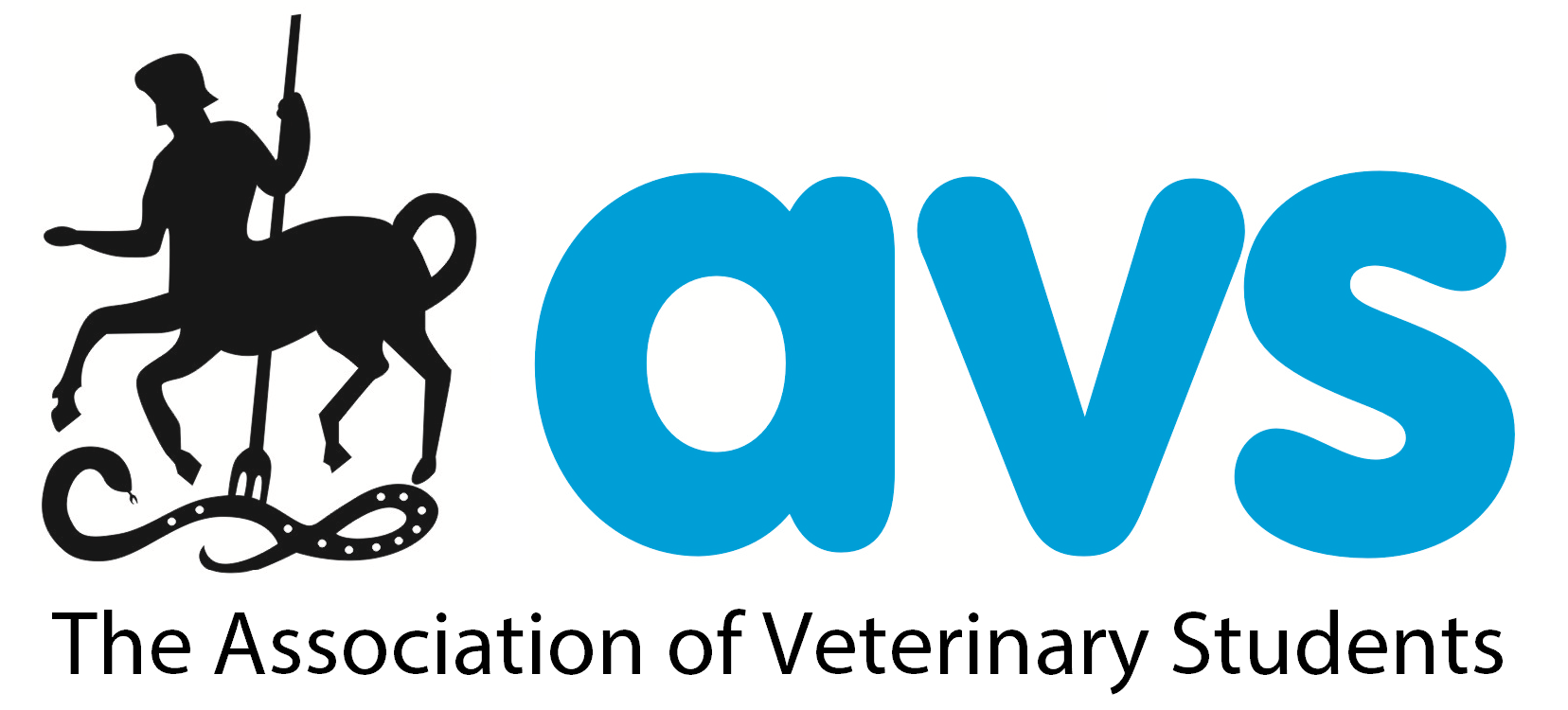Climate Crisis in Vet Schools
NOTE: This is an opinion piece, The ‘Opinion and Debate’ Section in JAVS is a place to share your thoughts on issues of interest. The opinions expressed by individual students may not reflect the official position of the AVS or BVA.
The climate crisis has already started and is already a global health emergency. The indisputable fact that changing climatic conditions and environmental degradation will have severe and unequal effect on food security for many of the world’s poorest citizens inherently makes the climate crisis a global health crisis (Wheeler and Braun, 2013). It cannot be denied that ruminant animal production is a significant contributor towards greenhouse gas emissions (Ripple et al. 2014). But it is not just farm vets on the hook, on a local scale, contamination of water courses from parasite treatments for pets (Perkins et al., 2021) should concern anyone who relies on insects to maintain a healthy and viable ecosystem— namely, all of us.
Key performance indicators of the future for both production and companion animals will include not just welfare and profitability, but also sustainability.
It is a shame, therefore, that those in charge of curriculums at our vet schools are failing to take the lead. Debate and discussion surrounding environmental impact seem rare, fleeting and barely scratch the surface. Often group-think seems to cloud conversations with too much talk focused on the need for efficiency and refinement rather than honest conversations about the polluting and loss making practises currently in use by many food producing enterprises in the UK (Buckley and Carney, 2013).
While it is good to see the topic becoming more mainstream, with this year’s London Vet Show featuring several talks around the theme (BVA, 2021) and Keele/Harper Adams listing sustainable livestock, health and welfare as a key strategic learning objective (Keele, 2020), the veterinary sector is still behind in the conversation compared to those in the medical and humanitarian sector. Students for Global Health (Planetary Report Card, 2020) have recently been advocating their student members to critique and grade medical schools for their approaches both directly (such as the action taken by universities in Berlin to drastically reduce their meat offerings in canteens (Guardian, 2021)) and indirectly through changes to the curriculum. The University of Southampton, for instance, to avoid adding to the already packed workload for students has introduced infused teaching that “gently and continually reinforc[es] the importance of climate change and sustainability in relation to health in a wide variety of contexts”.
University education should be equipping students with the tools and mindsets needed to change the world. This should not just be to ensure a safe future for the health and welfare of animals committed to our care but also for the public good. Some industries through their past actions have made it clear they value profit and maintaining the status quo more than sustainability and global health, we as an ethical and critically thinking profession should make it clear we are not like that. To that end, more debate, discussion and teaching of sustainable practices and a thorough self examination of existing taught techniques should be rapidly implemented at UK vet schools. This should not wait until it is time to update the syllabus or until new teaching staff are recruited, it is time to change now.
Seth Kennard - JAVS Editor 2016-19
Wheeler, T. and Von Braun, J., 2013. Climate change impacts on global food security. Science, 341(6145), pp.508-513.
Ripple, W.J., Smith, P., Haberl, H., Montzka, S.A., McAlpine, C. and Boucher, D.H., 2014. Ruminants, climate change and climate policy. Nature climate change, 4(1), pp.2-5.
Perkins, R., Whitehead, M., Civil, W. and Goulson, D., 2021. Potential role of veterinary flea products in widespread pesticide contamination of English rivers. Science of The Total Environment, 755, p.143560.
Buckley, C. and Carney, P., 2013. The potential to reduce the risk of diffuse pollution from agriculture while improving economic performance at farm level. Environmental science & policy, 25, pp.118-126.
BVA, (2021), “Climate change will top the agenda at this year's #BVACongress @VetShow” [Twitter], 26th July, https://twitter.com/vetshow?lang=en, [Accessed 23/09/21]
Keele, (2020), “HARPER & KEELE VETERINARY SCHOOL APPOINTS CHAIR IN SUSTAINABLE LIVESTOCK HEALTH AND WELFARE”, 2nd December,
https://www.keele.ac.uk/discover/news/2020/december/vet-school/sustainable-livestock-health-welfare.php, [Accessed 23/09/21]
Students for Global Health, (2020), Planetary Health Report Card, https://phreportcard.org/, [Accessed 28/09/21)
Guardian, (2021), “Berlin’s university canteens go almost meat-free as students prioritise climate”, 31st August,
https://www.theguardian.com/world/2021/aug/31/berlins-university-canteens-go-almost-meat-free-as-students-prioritise-climate, [Accessed 23/09/21]
Wellbery, C., Sheffield, P., Timmireddy, K., Sarfaty, M., Teherani, A. and Fallar, R., 2018. It’s time for medical schools to introduce climate change into their curricula. Academic medicine: journal of the Association of American Medical Colleges, 93(12), p.1774.


